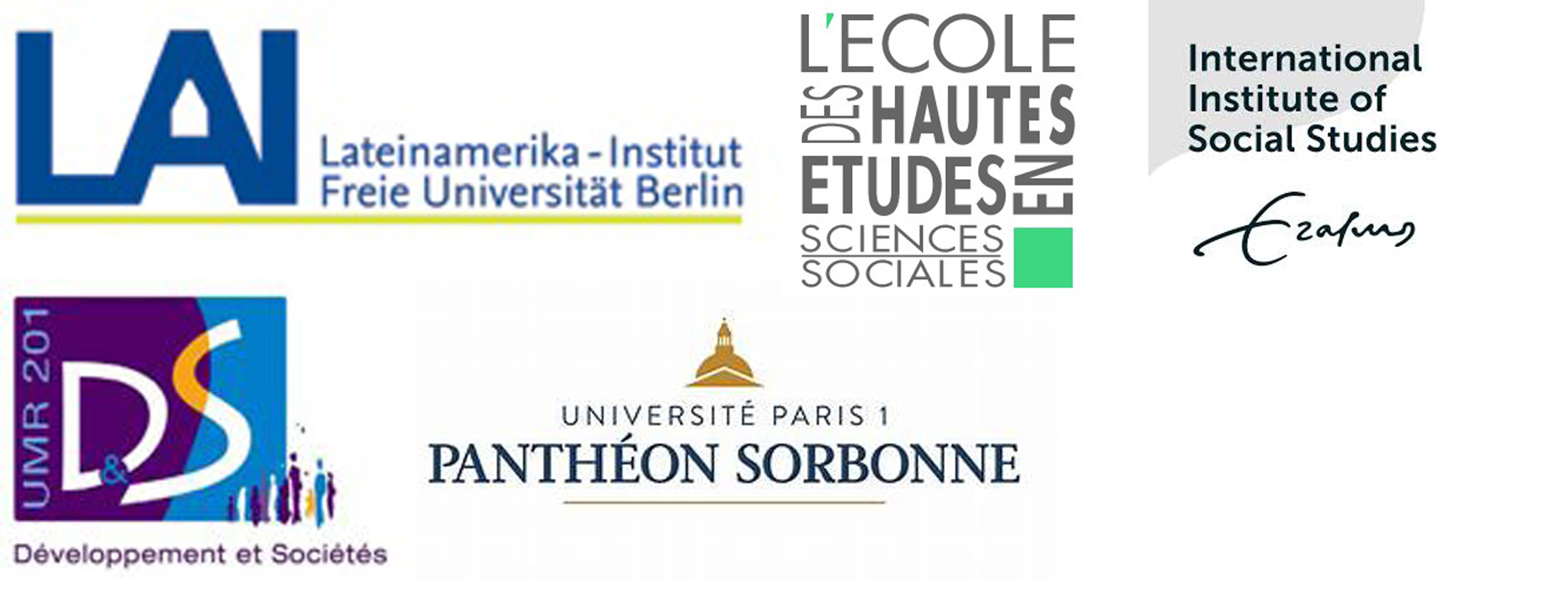Beyond Western thought: politics in Iran and in Pakistan
For the third session of the doctoral workshop on “Cultural decentralization and circulation of knowledge: peripheral experiences” we will discuss the presentations of Sina Badiei (Iran) and Asad ur Rehman (Pakistan). It will take place at EHESS, Paris, 54 bd Raspail 75006 Paris(salle A06_51).
Lors de la troisième séance cette année de l’Atelier doctoral « Décentrement culturel et circulation des savoirs : expériences périphériques », qui se déroulera le jeudi 10 janvier 2018 de 15h à 17h au 54 bd Raspail 75006 Paris(salle A06_51) nous aurons les présentations des deux travaux suivants :
The Iranian Revolution of 1979 and the Role of Imagination in Politics
Sina Badiei (Université Toulouse II Jean Jaurès, ERRAPHIS Philosophie)
The Iranian revolution of 1979 is one of the major political moments in the 20th century. However, the fact that none of the currents of thought in Western Europe (Germany, England, France, and Italy) or in the United States have had the intellectual means to think this revolution has led most of the intellectuals in these countries – with the exception of Foucault – to considerably ignore it. Even most of the major Iranian intellectuals, given how much they have been influenced by the intellectual tradition of the aforementioned countries, have had very little to say about this revolution. In this talk, I will first present the historical context within which this revolution took place. I will then try to show how the Marxist currents of thought are incapable of thinking about the outbreak of this revolution. I will finish by arguing that the most important lesson that we can draw from this historical sequence is that we need to liberate politics from its merely critical posture and we need to resuscitate inventive and imaginative forms of political thought and action. This means that simply criticizing the limited nature of political thought in Western Europe and the United States is not enough. It is only by inventing and imagining new forms of political thought and action that we can be sure that the critique of Western Modernism and Postmodernism will not be hijacked by backward-looking forms of thought.
Politics of intermediate classes in Pakistani Punjab
Asad ur Rehman (CEIAS-EHESS)
The society in South Asia is divided across numerous social cleavages. In general, they are of two categories: a) ethnic types[1] b) occupational types[2]. Both are potential reservoirs for emerging intermediate classes to pursue and advance their political claims. Intermediate classes consist of all those who lie in between the super-rich and the poor (below poverty line). They are shopkeepers, peasants, low-scale public officials, artisans and all other self-employed. Their economic position is also correlated with their political position in the polity. Political mediators, brokers, politicians, fixers, muscle men also usually come from this class or become its part. By focusing on these political intermediaries, I would like to present the peculiar moral, social and political idioms which, in Pakistani Punjab, encapsulate politics of these classes. The morality of relatedness understood as Talluq is the niche which connects people with each other and helps them to transcend the impersonal and distant reality of state and Politics. It was expected that these ethnic types will lose their potential efficacy and utility and modern ideas of citizenship and class-based solidarities will displace them. Yet, the overall experience of South Asia demonstrates the relative inaccuracy of this modernization claim or dream.

